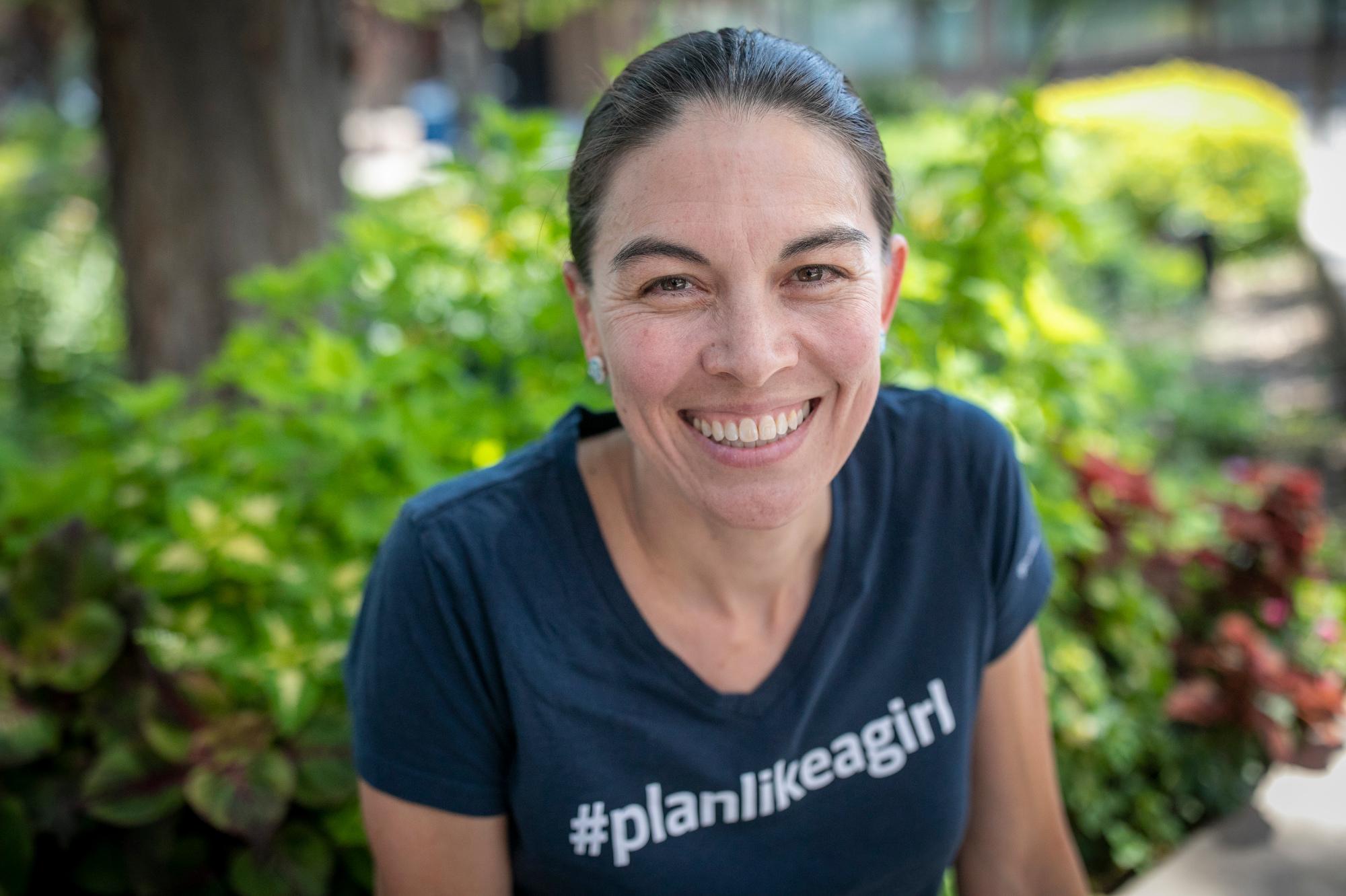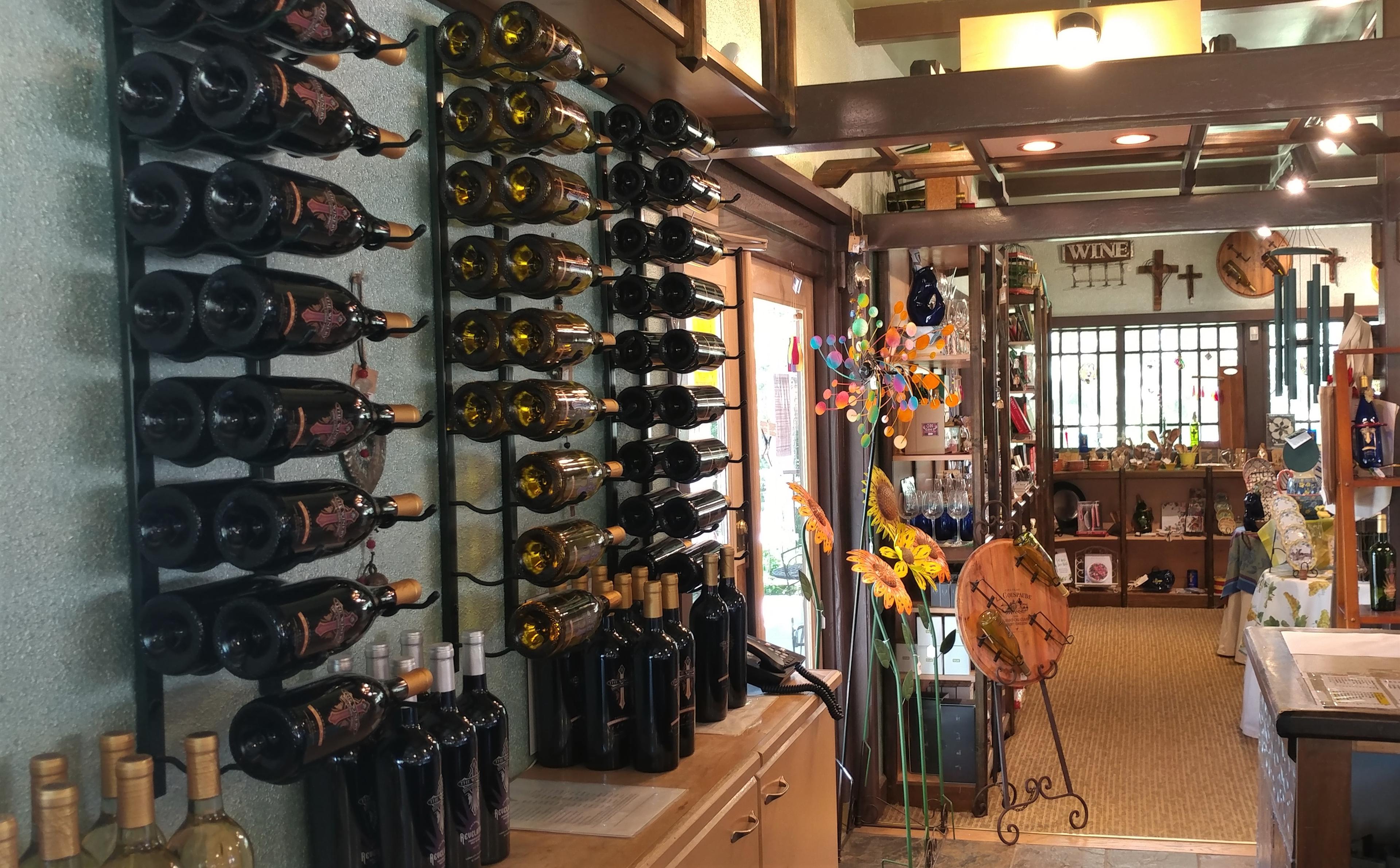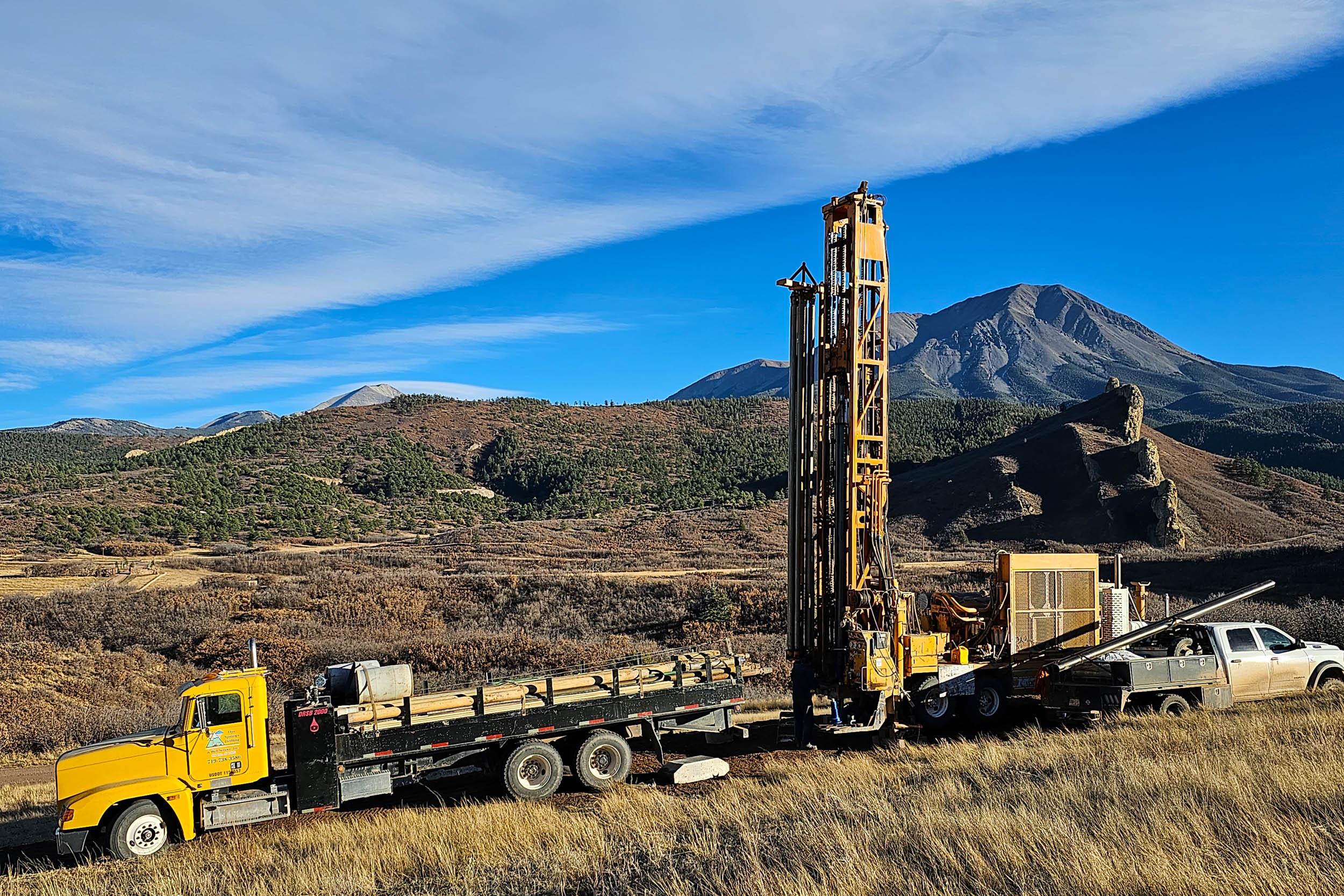
Who picks up and moves to a brand new city during a pandemic?
Financial adviser Mariko Wilcox did.
Wilcox, a fourth-generation Coloradan, grew up in the Denver suburbs. Until 2020, she worked at the Centennial offices of a major national financial company. Then the office shut down, and Wilcox realized she could do her job from pretty much anywhere. And anywhere turned out to be Grand Junction.
“The pandemic was the catalyst and I'd been hoping, and kind of more dreaming, to move out here for about four to five years,” Wilcox said last week as locals and tourists browsed the shops on historic Main Street. “And I just saw my opportunity and ran with it.”
Knowing she’d be working entirely from home, Wilcox had something pretty specific in mind when she started house hunting.
“I can see the Colorado River from my house on one side. I can see the Colorado National Monument from my kitchen sink. I found a wonderful, beautiful house in a lovely neighborhood,” she said. “Place is very important to me so that part was really important — that the place I was going to actually work and spend all day long had to be enjoyable and beautiful, and I accomplished that.”
She signs on to work every day after breakfast, meeting remotely with clients across the country. She doesn’t have family in Grand Junction and says she doesn’t mind spending a lot of her time alone.
“When I'm working during the day I have company all day long. I'm talking to people all day long, which is really what fills my cup and that energizes me.”
Wilcox is a mountain biker and a nordic skier. She’s joined a swim club, a book club and a networking group that matches longtime Grand Junction business people with newbies like her.
“We're all kind of in the same boat,” she said. “We all moved here during the pandemic. We didn't necessarily have strong ties here and we were able to work remotely. So that's what brought us all together. And so we're actually a cohort of kind of pandemic remote workers.”
A community for remote workers
That networking group is called the Welcome Wagon. It’s run by a business group called the Grand Junction Economic Partnership, known locally as GJEP. Until last week, GJEP was headed by executive director Robin Brown, who says an influx of remote workers like Wilcox helped cushion the economic blow of the pandemic.
“In March of 2020, we got very nervous that we had undone all the good work we had done to diversify our economy and improve our economy. We were kind of panicked and then we very quickly realized the opposite happened. It just sped up our growth,” said Brown, who recently left the economic partnership for a job in fundraising at the local Colorado Mesa University.
“We saw a huge influx of people whose jobs went remote that could suddenly pick up and move to Grand Junction and bring their job with them,” she said. “We've seen huge growth in the tech industry and companies that, again, used to think they had to be located in certain cities that now realize they don't and they're picking up and coming here.”
There’s no reporting system to quantify the number of remote workers who’ve come to the area, Wilcox said, but their presence is reflected in rising demand and prices for housing. That trend began before the pandemic and it’s deepened, she said. Community leaders have begun working on solutions, including an easier permitting process.
“This time last year there were only, I think, 60 permits for new housing coming on … At this time a year later it's 600 permanent units to be built in the next year. So we're tackling it.”
- Colorado Office Workers Are More Uncertain Than Ever Over Return-To-Workplace Plans Amid The Delta Variant Surge
- Offices Had Employees Who Never Got To Work From Home — The Ones Who Kept The Buildings Cleaned And Maintained
- COVID Changed What Going Into The Office Looks Like. There’s No Clear Path To Return
Mesa County's economy continues to diversify past oil and gas
Mesa County’s economy has traditionally relied heavily on the oil and gas industry, prompting crushing cycles of boom and bust. In 2019 the industry declined and jobs fell again but Brown says other companies more than made up the difference.
“We are feeling more diversified than ever,” Brown said. “But historically there are certain positions that have been very hard to recruit into the area and the remote workers are bringing a lot of that skill set. They're highly skilled people that are moving here."
Now, 18 months after the pandemic hit, the area economy is strong, Brown said.
“Sales tax revenues have continued to climb. Our airport was the first after COVID to recover. And in fact, we are now, our employment numbers every day are beating 2019. Numbers for lodging tax today are beating 2019 numbers -- and 2019 was a really, really good year for Mesa County.”
But one of 2019’s economic promises has so far failed to materialize. Local boosters hoped then-President Donald Trump’s decision to move the headquarters of the Bureau of Land Management to Grand Junction would bring new jobs to the area but only a handful of those have materialized and the Biden administration is considering whether to reverse the move.
Interior Secretary Deb Haaland visited Grand Junction in July and a decision is expected soon. Brown said it’s important that BLM officials understand the impact of their decisions on public lands, the majority of which are in the West. But she doubts the agency’s headquarters will stay in Colorado.
“I think they'll probably move the headquarters back to D.C.,” she said. “I think they will leave something here. I do believe that they recognize that there is value in understanding how policy decisions affect economies. Whether that changes their decisions or not, that's not the point. The point is that they understand what the repercussions are of decisions and make them accordingly, so I think there's value in some portion staying here to help develop policy.”









